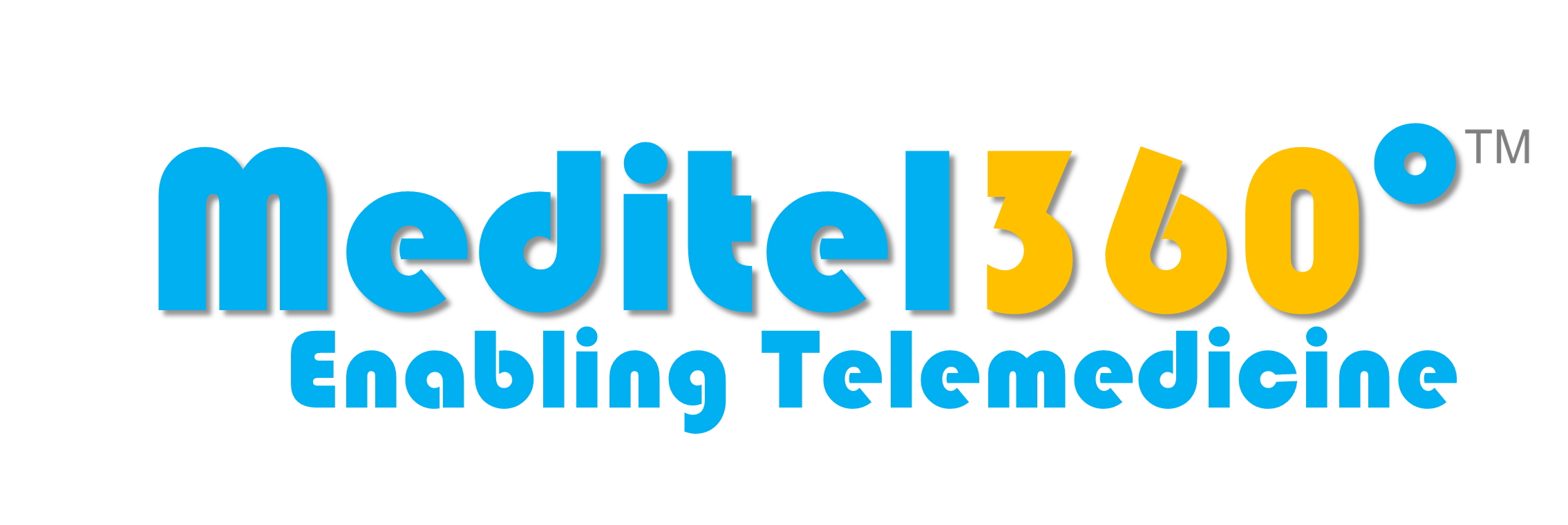A trained interpreter should be used to improve communication (resulting in fewer errors), clinical outcomes, and satisfaction with care in patients with limited English proficiency.
Tens of millions of Americans do not speak English. This population is less able to access health care and is at higher risk of adverse outcomes such as drug complications and decreased patient satisfaction. Title VI of the Civil Rights Act mandates that interpreter services be provided for patients with limited English proficiency who need this service. Professional interpreters are superior to the usual practice of using ad hoc interpreters (i.e., family, friends, or untrained staff). Untrained interpreters are more likely to make errors, violate confidentiality, and increase the risk of provider liability and poor outcomes. Children should never be used as interpreters except in emergencies. The use of professional interpreters increases patient satisfaction, improves adherence and outcomes, and reduces adverse events, thus limiting malpractice risk.
Vispi by Masterword Service is utilizing Meditel360 technology to implement a tele-video interpretation service. This application is also available from Medpod / Henry Shein branded as Medpod Translator. Watch the video and for more information contact Medpod or Masterword.
